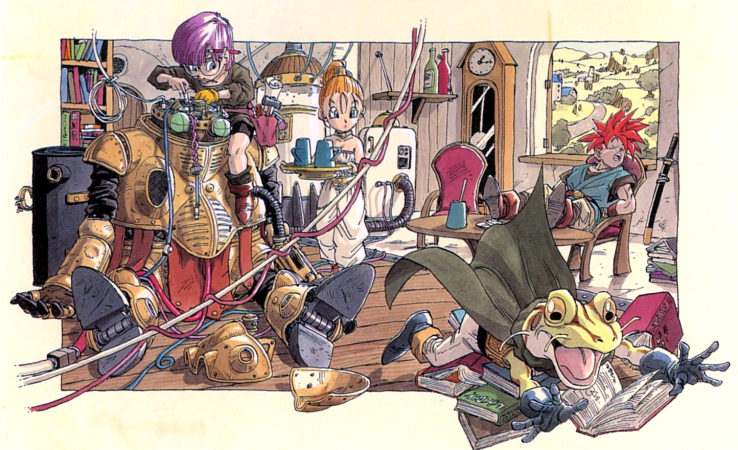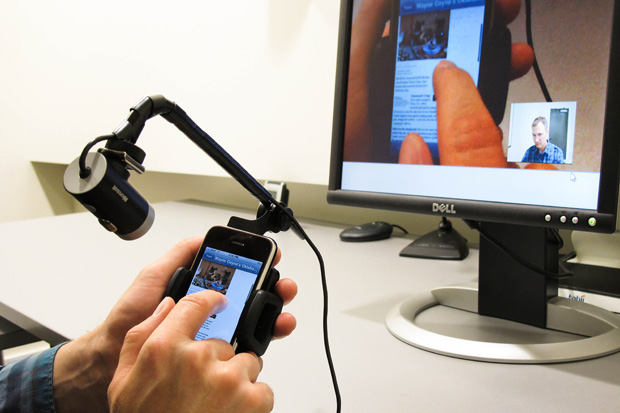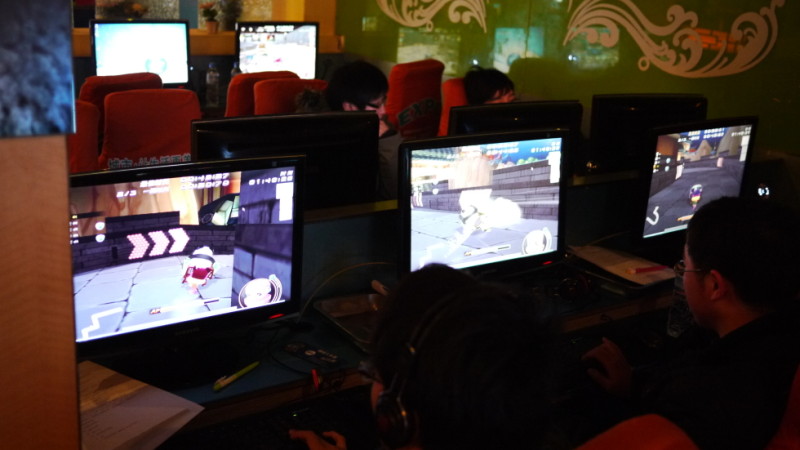How User-Centered Design Can Turn Your Concepts into Kick-Ass Prototypes
Brainstorming is one of the oldest known methods for generating group creativity. A group of people come together and focus on a problem or proposal. There are two phases of the activity. The first phase generates ideas, the second phase evaluates them.










